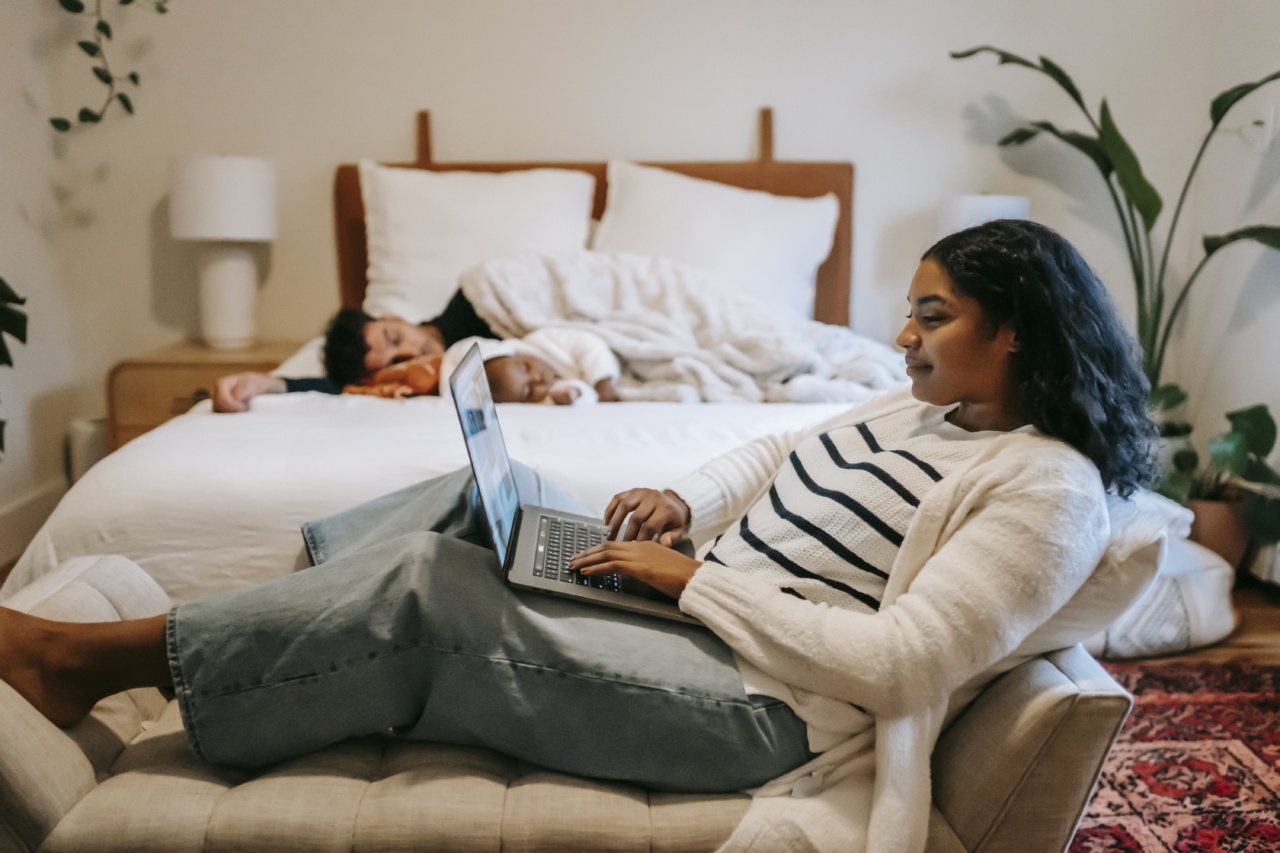With the rise in technology, it has become common for people to use their tablets, smartphones, and laptops before going to bed.
While shifting to an electronic device may seem like a good idea to wind down and relax, research has shown that these devices emit a blue light that can potentially harm your sleep.
What is Blue Light?
Blue light is a part of the visible light spectrum and is the highest energy light. It is the closest to ultraviolet (UV) light, which can cause damage to our eyes and skin.
Blue light’s wavelength is around 480 nanometers and is responsible for keeping us alert and awake during the day.
However, when we are exposed to blue light in the evening, the body’s melatonin production is inhibited. Melatonin is a hormone that helps regulate our sleep-wake cycle.
When it’s not released in the right amount or at the right time, it can disrupt our sleep patterns, and we may have trouble falling or staying asleep.
How Tablets Affect Sleep?
Studies have shown that tablets emit a significant amount of blue light, and exposure to this increased light can cause disruption of our circadian rhythm. Using a tablet before bedtime can directly affect the sleep cycle.
The blue light emitted by tablets or other electronic devices tricks the brain into thinking that it is daytime. While it is helpful during the day, it is detrimental to use these devices at night when our body needs to prepare itself for sleep.
Our brains suppress the release of melatonin upon being exposed to light, especially blue light, making it harder to fall asleep.
Moreover, the use of tablets, particularly for prolonged periods, can stimulate the brain, much like caffeine. This can cause restlessness and difficulty falling asleep, leading to a decrease in sleep quality.
Alternatives to Using Tablets Before Bedtime
To avoid the harmful side effects of blue light, it is essential to make a few simple changes to improve your sleep quality. One option is to avoid the use of tablets, smartphones, or laptops before bedtime.
Instead, you can try incorporating other activities, such as:.
- Reading a physical book, which requires no backlighting and allows for better relaxation.
- Taking a relaxing bath or shower before bedtime to help calm your mind and body.
- Engaging in meditation or yoga, which can calm your mind, help reduce anxiety, and promote relaxation.
- Listening to relaxing music or nature sounds, which can help signal to the body that it’s time to rest.
Conclusion
While it may be tempting to use a tablet before bedtime, it is imperative to recognize the potential harm it can cause to our sleep.
By reducing or avoiding the use of these devices before bedtime and incorporating other relaxing activities, we can significantly improve our sleep quality and overall wellbeing.





























